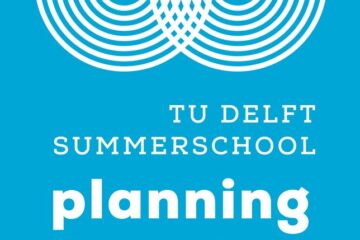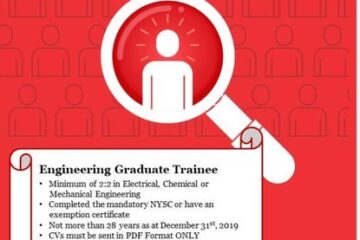Google Faculty Research Awards Program 2020 for academic research in computer science & engineering (150,000 USD)

Providing unrestricted gifts as support for research at institutions around the world. The program is focused on funding world-class technical research in Computer Science, Engineering, and related fields.
As part of that vision, the Google Faculty Research Awards Program aims to recognize and support world-class, permanent faculty pursuing cutting-edge research in areas of mutual interest.
How to apply for a Faculty Research Award
Step 1: Read advice on how to write a good proposal and learn more about our Faculty Research Awards in our FAQ.
You may also check:
- Current Top 18 Europe Scholarships for Nigerians
- Apply for Chevron Nigeria 2020 January – June Internship Placement for young Nigerians
- GTBank Tech Academy 2019 for young Nigerians
Step 2: Ask a Google employee to champion your proposal. A Google champion or sponsor is not required to submit a proposal, but it helps ensure that your proposal is relevant and of interest to Google. The Google champion or sponsor should be:
- a willing participant
- considered an expert in your area of research, and
- familiar with your work.
It’s the primary principal investigator’s responsibility to find a champion/sponsor. These relationships are typically made on the ground at academic conferences and workshops.
Step 3: Write your proposal using the advice mentioned in step 1. If you have a Google champion or sponsor, ask them to provide feedback.
Step 4: Submit your proposal.
Step 5: Decisions are announced in February.
Supporting cutting-edge research
Recipients are selected through an internal review process and notified of their awards within 5 months of the initial submission. Faculty members can apply to cover expenses for the amount needed to support one graduate student for one year. We ask applicants to categorize their proposals into one of the following broad Computer Science research areas of interest to Google:
- Algorithms and optimization
- Augmented and Virtual Reality
- Computational neuroscience
- Cooling and power
- Digital media processing
- Geo/maps
- Health research
- Human-AI interaction
- Human-computer interaction
- Information retrieval and real time content
- Machine learning and data mining
- Machine perception
- Machine translation
- Mobile
- Natural language processing
- Networking
- Physical interfaces
- Privacy
- Quantum computing
- Recommendation systems
- Security
- Social signal processing
- Software engineering and programming languages
- Speech
- Structured data, extraction, semantic graph, and database management
- Systems (hardware and software)
CLICK HERE TO APPLY
You may also check:












